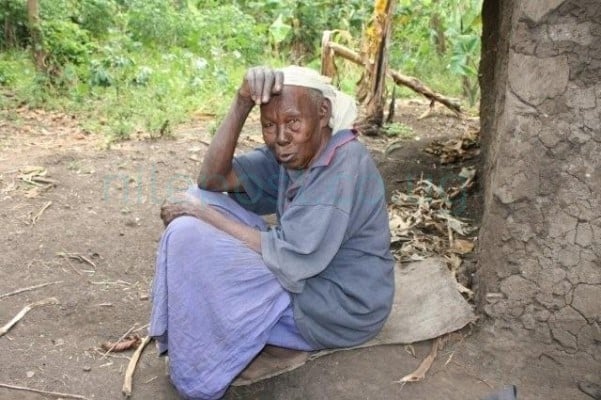The Parliamentary Forum on Social Protection has recommended that the Government considers lowering the eligibility age for the Senior Assistance Grant for Empowerment (SAGE) to around 70 years.
The current age requirement for SAGE is 80 years old, and the forum believes that this age limit is too high. They argue that they have observed few individuals aged 80 or above during their assessment of SAGE applications across the country.
The forum’s argument is that by lowering the age limit, more elderly individuals between the ages of 60 and 80 could benefit from the program, thereby increasing its coverage. Kumi Municipality MP Silas Aogon, representing Eastern Uganda on the forum, stated this during a press conference at the Uganda Media Centre in Kampala on October 30, 2023.
As of now, 350,000 senior citizens throughout the country are beneficiaries of the SAGE program, receiving a monthly payment of sh25,000/=.
This recommendation is made in advance of the National Social Protection Dialogue scheduled to take place on October 31, 2023, at Hotel Africana.
The forum’s rationale behind this proposal is that many elderly individuals often pass away before reaching the current eligibility age for the program. This is due to various factors, including high poverty rates and the absence of a robust social safety net in the country.
MP Aogon emphasized that finding individuals aged 80 or above, even in their respective regions, is a rare occurrence. He suggested that the age requirement should be lowered to as low as 60 years, taking into account the increase in life expectancy. In Uganda, life expectancy at age 60 has grown from 14.83 years in 1975 to 16.34 years in 2020, indicating an average annual rate of increase of 1.17%.
The forum has been advocating for this age limit adjustment, but no action has been taken on the matter thus far. During their visit to Gulu, they noted challenges such as beneficiaries living far from payment stations, transportation expenses, and slow payment processes.
Additionally, some elderly people face difficulties obtaining a national ID due to worn-out fingerprints, a requirement set by the National Identification Registration Authority (NIRA). Others have incorrect age information on their national IDs.
Despite the government’s assistance through the program, the UGX 25,000 monthly payment is considered insufficient due to the high cost of living. MP Aogon acknowledged the government’s support but called for a review of the payment amount to better align with the challenging economic conditions.
The MPs stressed the importance of social protection in addressing poverty, inequality, and vulnerability. They pointed out that increased investments in social protection are necessary to achieve the Sustainable Development Goals (SDGs). Social protection can bolster economic growth, ensure income security, improve access to essential services like healthcare and education, and promote inclusive development and socioeconomic transformation.
The forum aims to raise public awareness of the significance of social protection in addressing issues of vulnerability and poverty. They highlighted the need for comprehensive social protection policies, especially in times of economic shocks and crises.
In Uganda, a substantial portion of the population lives below the poverty line, and many are at risk of falling into poverty in case of unexpected life events such as chronic illness, disability, job loss, or crop failure due to unpredictable weather changes.
While the government has made strides in expanding social protection, the MPs emphasized the need for increased efforts to improve coverage and allocate a larger share of the Gross Domestic Product (GDP) to financial social protection. Currently, Uganda allocates only 0.7% of its GDP to financial social protection, which is lower compared to neighboring countries like Kenya (1%), Tanzania (1.7%), and Rwanda (1.8%).




















